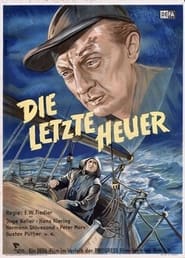detail profile inge keller
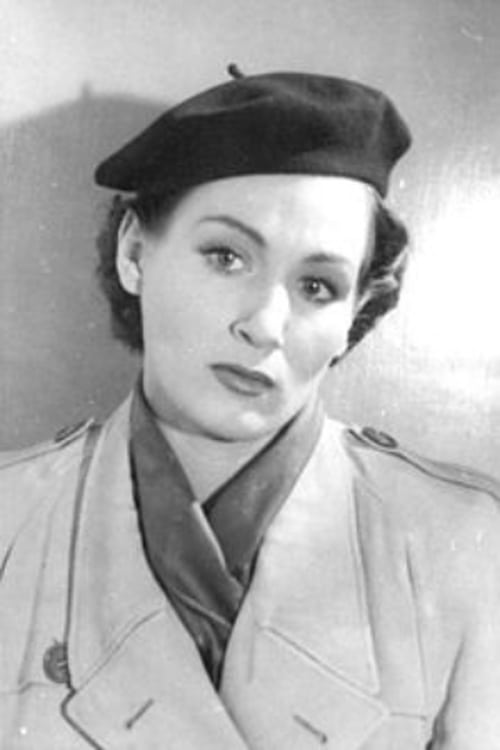
Inge Keller
Инге Келлер
atau dikenal sebagai
Riwayat Hidup
Inge Keller (December 15, 1923 – February 6, 2017) was a German stage and film actress whose career on stage and screen spanned seventy years.
She was one of the most prominent performers in the former German Democratic Republic.
Thomas Langhoff described her as "perhaps the most famous actress of the German Democratic Republic—a star.
" Deutschlandradio Kultur reporter Dieter Kranz called her "a theater legend".
Internationally, Keller was known for her portrayal of the older Lilly Wust in the Golden Globe nominated Aimée & Jaguar.
She won the Award for the Best Supporting Actress in the 36th International Antalya Golden Orange Film Festival for her participation in the film Lola and Billy the Kid.
In 2006, Keller received the Order of Merit of Berlin from Mayor Klaus Wowereit.
Info Pribadi
Peran Yang Di Mainkan Inge Keller
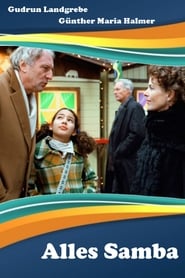 Art expert Katharina Diezmann is out...
Art expert Katharina Diezmann is out...Alles Samba 2003
Art expert Katharina Diezmann is out of the blue, when one day the little Brazilian Marcia is standing at her door. Years ago Katharina had taken over a sponsorship for the eleven-year-old, but never expected that she would ever meet her. The little girl is in Berlin with her samba group over Christmas and has only one wish: finally to see real snow!
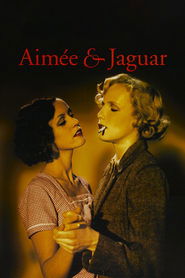 In 1943 while the Allies are bombing...
In 1943 while the Allies are bombing...Aimée & Jaguar 1999
In 1943, while the Allies are bombing Berlin and the Gestapo is purging the capital of Jews, a dangerous love affair blossoms between two women – one a Jewish member of the underground, the other an exemplar of Nazi motherhood.
 A train travels through the vastness...
A train travels through the vastness...On the Way to Lenin 1970
A train travels through the vastness of Russia, a train with German prisoners of war returning home, and Viktor Kleist, a young German communist from an intellectual home in Munich, travels back home with them. During the journey, the stations on his way to Lenin wake up again.
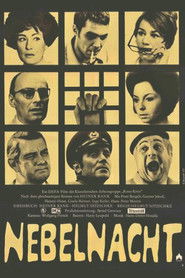 When a motorcyclist dies in an...
When a motorcyclist dies in an...Nebelnacht 1969
When a motorcyclist dies in an accident, lieutenant Kreutzer and his colleague Arnold receive the order to investigate the backgrounds of this mysterious case. Although the leads point to murder, head physician Dr. Nikolai, the driver of the car involved in the accident, maintains his innocence and even has an alibi. With a lot of arduous detail work, Kreutzer follows all leads and evidence. Both Nikolai’s colleagues and his son act suspiciously. Eventually, Kreutzer convicts the criminal who secretly used the physician’s car for his criminal dealings.
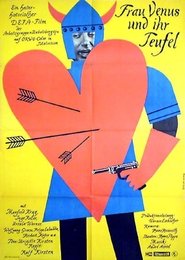 Hans Mller finds himself on a...
Hans Mller finds himself on a...Frau Venus und ihr Teufel 1967
Hans Müller finds himself on a trip in Thüringen, accompanied by his loving female friend, Moritz. Hans doesn't understand much about trust, which constantly leads to problems between the two of them. During one of their fights, Lady Venus intervenes and sends the young man back to the Middle Ages - so he can learn the true meaning of love. Disguised as Tannhäuser, he has to stand his ground against a horde of minstrels. At a singing competition, he blunders, without the support of Moritz, who had also been thrown back into the 13th century. And with the help of Frau Venus, his adventure will surely turn out even worse...
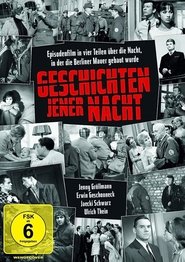 Four directors four styles four episodes...
Four directors four styles four episodes...Geschichten jener Nacht 1967
Four directors - four styles - four episodes, all relating the events of a single night which has entered the history books: August 12-13, 1961. There are thousands of complex narratives connected with the frontier drawn through the middle of Berlin, and each episode relates the story of a difficult decision made on that night...
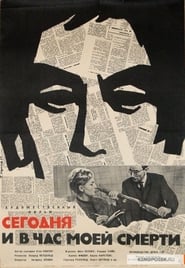 Ella Conradi a dedicated journalist from...
Ella Conradi a dedicated journalist from...Jetzt und in der Stunde meines Todes 1963
Ella Conradi, a dedicated journalist from Germany, is in Jerusalem to report about the trial against the Nazi criminal Eichmann. Disgusted by the monstrosities that are revealed, she eventually returns to Germany. There, she wants to cover common cases and trials again. Her first assignment is a murder trial against a man called Ralf Jordan who constantly maintains his innocence. Conradi, who believes Jordan and wants to help him, starts to investigate the case - and thus opens up a political can of worms. The backgrounds of the case reach back to the Nazi period and involve officials of the Third Reich, who in the meantime have returned to their powerful positions.
 Based on the records of the...
Based on the records of the...Council of the Gods 1950
Based on the records of the Nuremberg trial of the chemical giant IG Farben; a story about the collaboration between international corporations and Nazi scientists, whose research contributed to the death of millions. The chemist Dr. Hans Scholz lives through a tortuous political transformation and maturation process. Eventually, he adopts political neutrality and closes his eyes to the fact that the poison being produced in his factory is being used in the extermination camps. Standing before the judges at the Nuremberg trials, he must face the fact that he is implicated in the deaths of millions in the gas chambers of the concentration camps.
 Murat a Turkish gay youth living...
Murat a Turkish gay youth living...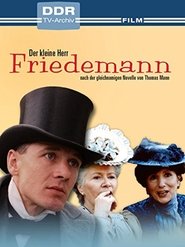
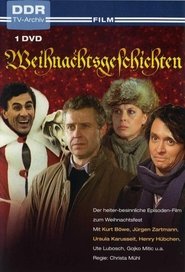
 The wrenching story of a woman...
The wrenching story of a woman...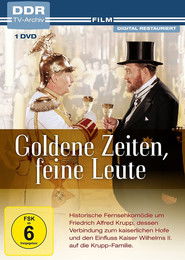
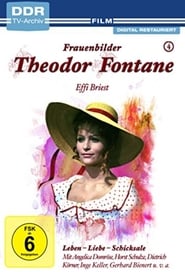 In the nineteenth century seventeen year...
In the nineteenth century seventeen year...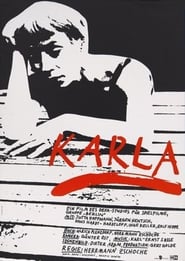 An idealistic teacher is shocked to...
An idealistic teacher is shocked to...